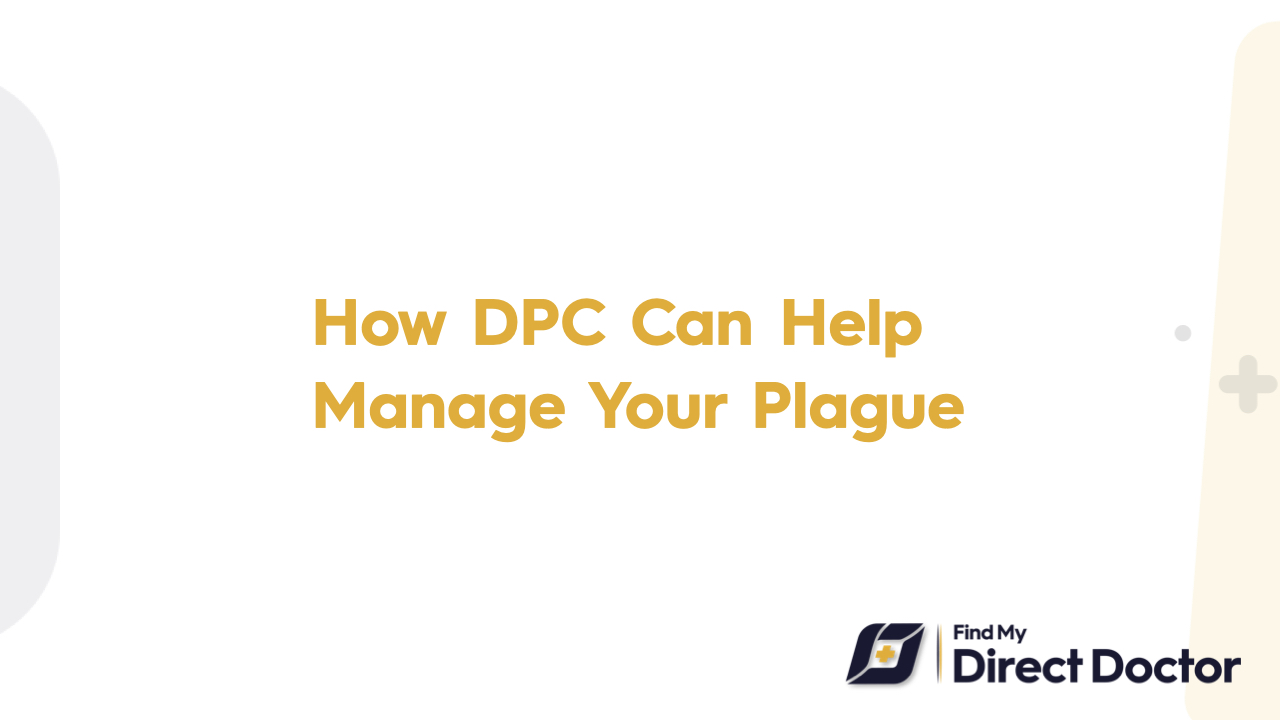



The bacterium Yersinia pestis is the source of the deadly infectious disease plague, which is frequently spread by flea bites from infected rats. Direct contact with infected animals or respiratory droplets from a pneumonic plague patient can also disseminate it. Acute fever, chills, enlarged and painful lymph nodes (buboes), headaches, and muscle aches are common signs of plague. In more severe types, such as pneumonic plague, people may cough up bloody mucus, have chest pain, and have trouble breathing. When identified early, plague can be treated with medications, but if left untreated, it can cause life-threatening consequences.

Early detection and control of plague can be greatly aided by Direct Primary Care (DPC). DPC guarantees instant access to medical professionals who can promptly identify symptoms and start the right therapy, even though it is uncommon. Patients can communicate directly with their primary care physicians using DPC, which facilitates prompt medical attention in the event of suspected plague exposure. Effective management of the infection depends on early detection and prompt antibiotic therapy, and DPC enables prompt intervention, lowering the risk of serious consequences.
The advantages of Direct Primary Care (DPC) for plague patients are found in its emphasis on proactive, individualized, and easily accessible healthcare. A primary care physician who can closely evaluate symptoms, start therapy, and give ongoing support is available 24/7 through DPC. DPC makes sure that sufferers don't have to wait for medical assistance because plague needs to be treated right away. Additionally, DPC lowers the risk of long-term health effects by enabling more frequent follow-up visits to monitor recovery and make sure medications are successfully fighting the infection.
In a Direct Primary Care context, personalized management of plague entails individualized treatment that is focused on each patient's particular need. DPC providers will determine how serious the infection is, prescribe the right antibiotics, and make sure the patient is regularly checked for any problems. Additionally, the DPC model enables personalized prevention recommendations, such as how to prevent contact with rats and fleas and how to control symptoms at home during the healing process. By providing individualized care, DPC guarantees that all facets of the patient's health are taken care of, which results in more effective and efficient plague treatment.
Previous Post